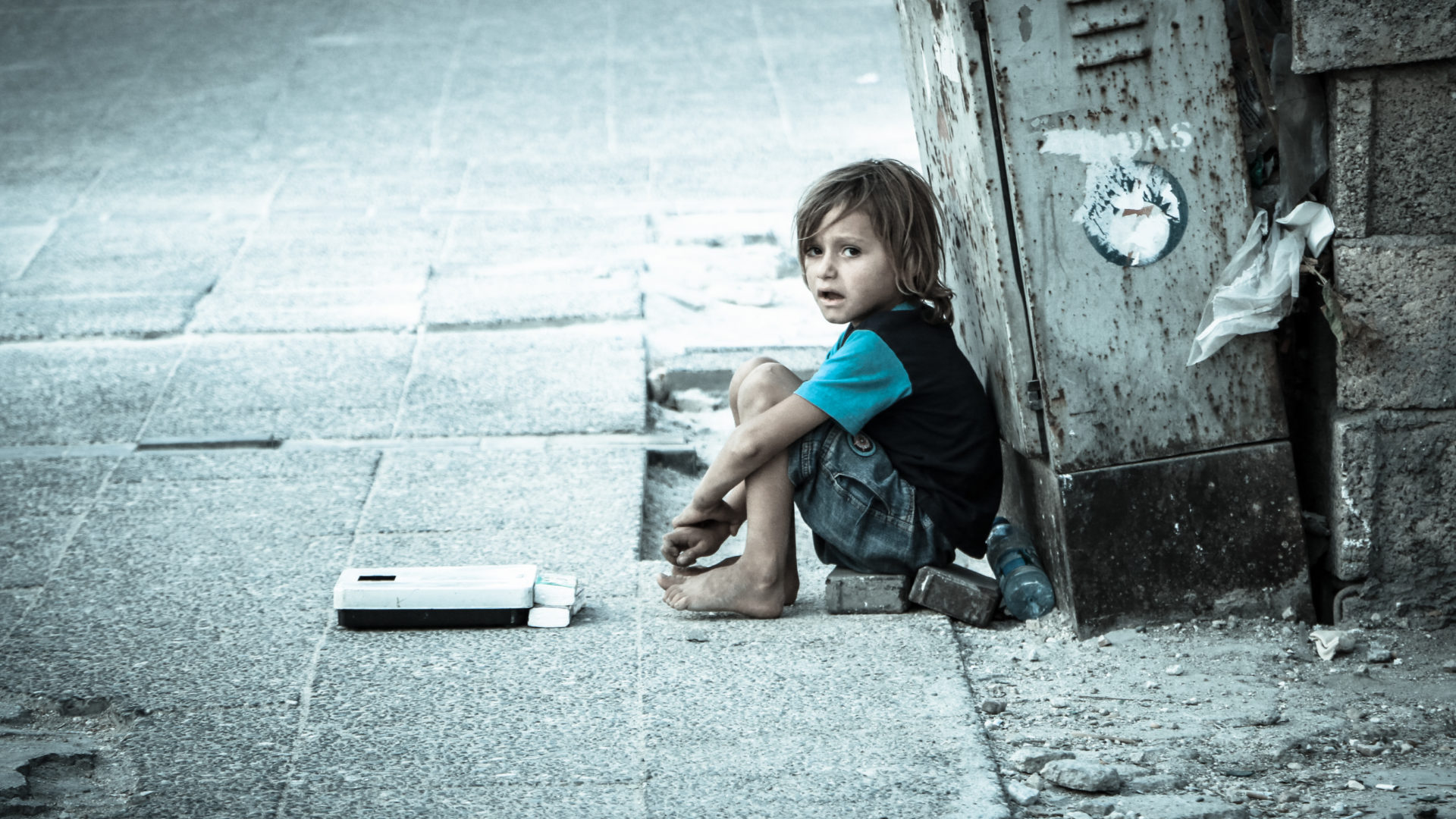Updated as of November 20, 2015
You hear about them all the time… natural disasters that strike with deadly force - leaving thousands wounded, displaced, hungry, and without means to meet their basic needs. An earthquake in Nepal, a tidal wave in Indonesia, a flood in Burma make the headlines, and the cries for a response from all quarters begins. Often the loudest cries come from believers, because we see the need, we have resources, and we view human suffering caused by the disaster through the lens of Matthew 25:40.
Have you ever considered how our response to a “natural” disaster differs from our response to a man-made humanitarian crisis? The suffering is often the same: People are sick and injured, displaced from their homes, and unable to care for themselves. But sometimes the world’s response - even from the church - is much slower and less enthusiastic. That’s been the case with the civil war in Syria. Until the last few months, the focus has been more about the war on the terrorist organization ISIL and the oppressive Syrian government than the millions of civilians effected by it.
A Synopsis of the Syrian Crisis
The world’s latest large-scale disaster is a civil war occurring in Syria (a nation just north of Israel in the Middle East). Its capital is Damascus, which was Paul’s first stop following his roadside encounter with Christ.
The Syrian Civil War began in the summer of 2011 when protests inspired by the Arab Spring revolutions in other countries escalated into a civil war. As opposition to the government grew, army defectors formed the Free Syrian Army and began fighting the government troops. Estimates are that up to 200,000 people have died in the war.
From a population of roughly eighteen million people, four years of fighting have also left over seven million people displaced but still living inside the borders of Syria. In addition, some four million Syrians have fled to Turkey, Lebanon, Egypt, and Jordan. Most recently this crisis has received significant attention because the Syrian refugees are so desperate they are fleeing north to Eastern Europe, seeking asylum across the open sea. In particular, a picture of the body of 3 year-old Aylan Kurdi, who drowned when the dingy he was on with his family sunk, has caused the world to stop and more closely consider how best to respond.
Suggested Resources to Learn More
- http://www.economist.com/blogs/economist-explains/2015/06/economist-explains-6
- http://www.bbc.com/news/world-middle-east-26116868
- https://en.wikipedia.org/wiki/Syrian_Civil_War
- http://www.cbsnews.com/videos/desperate-migrants-bounced-from-country-to-country/
Responding To The Need
God’s call to “be” the church for and to those in need is clear throughout scripture. From the gleaning laws in Deuteronomy to Isaiah’s condemnation of Israel for not caring for its poor, to Christ’s call to care for the “least of these,” there is a mandate to be concerned for the world.
As we have written before, though, we want to be wise in partnering with organizations that will do this well. We also think it's important to impact those around us as we try to help around the world. (Check out those links for those thoughts.)
In the countries surrounding Syria and and beyond, there are numerous organizations stepping in to help where governments typically can’t or won't help. Samaritan's Purse, World Relief, and World Vision are all large, faith-based organizations that Watermark has partnered with in the past in response to disasters, and they each have specific responses to the Syrian crisis. These organizations are committed to ministering to the spiritual as well as the physical needs of those people effected by disaster. They are also committed to doing so in a way that their presence is a benefit and not a hindrance, and to presenting the gospel as the “Why” behind the “What.”
For this particular crisis there are also smaller regional ministries that Watermark has relationships with that are actively at working with Syrian refugees. ELAM Ministries, Global Hope Network and E3 Partners-Syria are vetted faith-based organizations with boots on the ground providing assistance to people impacted by this particular crisis.
If you would like to give to Watermark’s Disaster Relief fund, please go to www.watermark.org/disasterrelief. 100% of these funds are used for helping, serving or meeting the needs of those affected by natural disasters, international refugees, internally displaced people groups, or similar relief and restoration needs which arise in times of crisis throughout our world, either by direct support or through support of trusted partner churches and Christian relief organizations committed to the same work.
As you prayerfully consider how God might call you to respond to a relief need, the above organizations are ones we would encourage you to consider supporting. We would also remind you that for every relief effort that is in the headlines today, there are numerous recovery and development efforts going on around the world - and around the city - that Watermark is actively engaged in helping. To join us in those efforts go to watermark.org/impact and join us.
Links
- http://www.samaritanspurse.org/article/voyage-to-a-second-life/
- http://worldrelief.org/disaster-response/syria
- http://www.worldvision.org/our-impact/syrian-refug...
- http://www.globalhopenetwork.org/us/disaster-relief
- http://e3partners.org/donate/countries/?slug=e3-syria
Photo Credit: Bengin Ahmad via Compfightcc
